
Mosquitoes aren't just annoying, they can be dangerous, meaning it is vital to know how to get rid of mosquitoes inside the house naturally to protect you, your family, and your pets.
However, using harsh chemicals to remove them can also be unsafe, which is why finding natural ways to kill these pesky bugs is best. Natural repellents are an eco-friendly solution and are safer for people, pets, and furniture.
Here, pest experts and cleaners share their top tip to get rid of mosquitoes without relying on chemical solutions for a toxin-free home.
How to get rid of mosquitoes inside the house naturally
Natural repellents such as mosquito-repelling plants, DIY traps and natural mosquito repellent sprays, can be used throughout your house in key spots where mosquitoes congregate, such as next to windows and outside patios to naturally remove mosquitoes from your home, as well as eliminating breeding grounds.
1. Essential oil diffusers
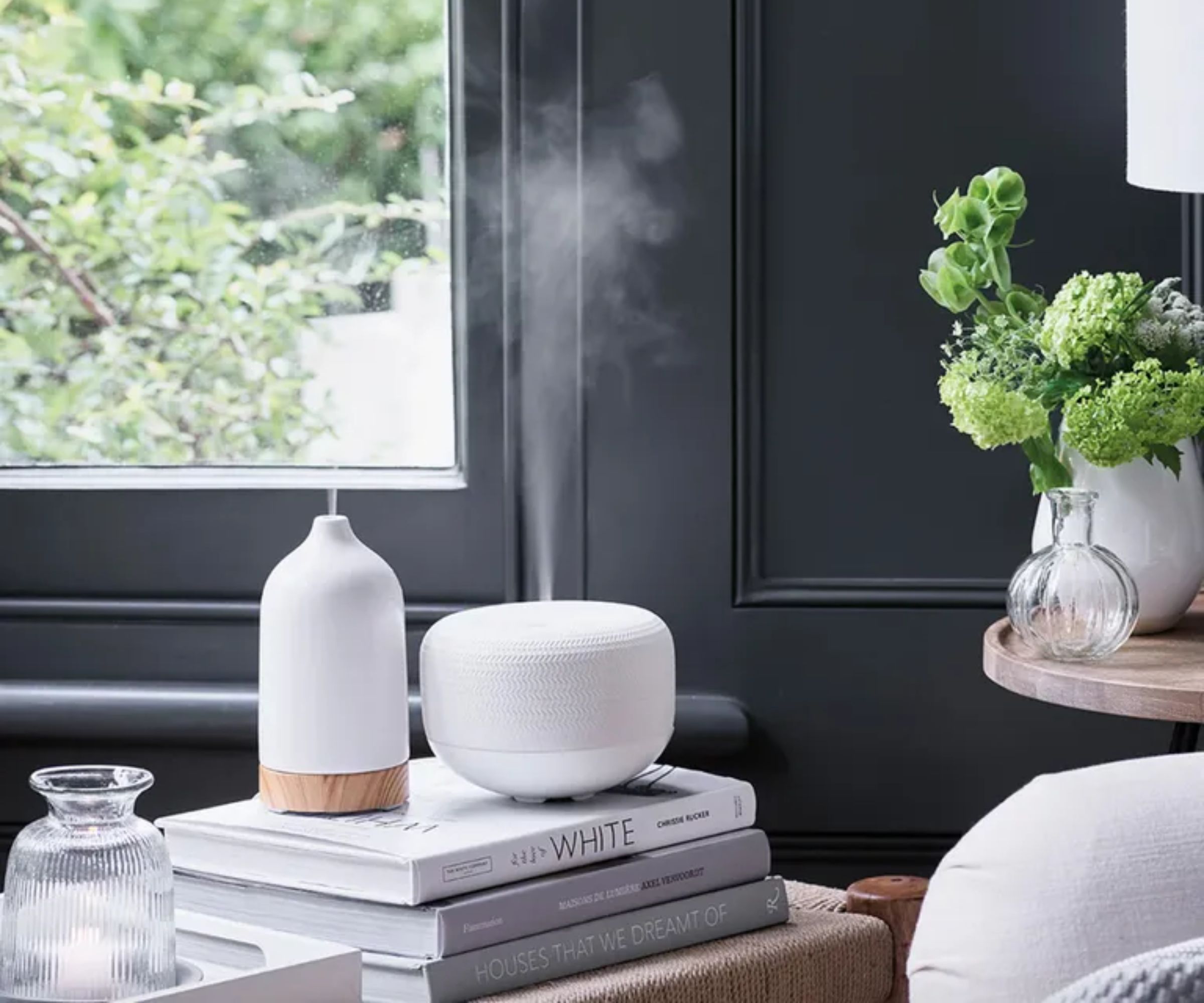
There are several scents that deter mosquitoes, helping you to ward off these pesky biters while making your home smell nice at the same time.
When looking for natural pest control methods, opt for natural essential oils that you can add to an essential oil diffuser, such as this 500ml color-changing diffuser from Walmart, or mix into a homemade bug spray with plain water.
Angela Rubin at Hellamaid says, 'Essential oils such as citronella, lemon eucalyptus, and lavender can be diluted with water and used as sprays or in diffusers to repel mosquitoes indoors.' These popular scents can all be found in this essential oil starter kit from Amazon.
Picking one that is pure, and doesn't have any other ingredients mixed in is recommended.
2. Mosquito-repelling plants
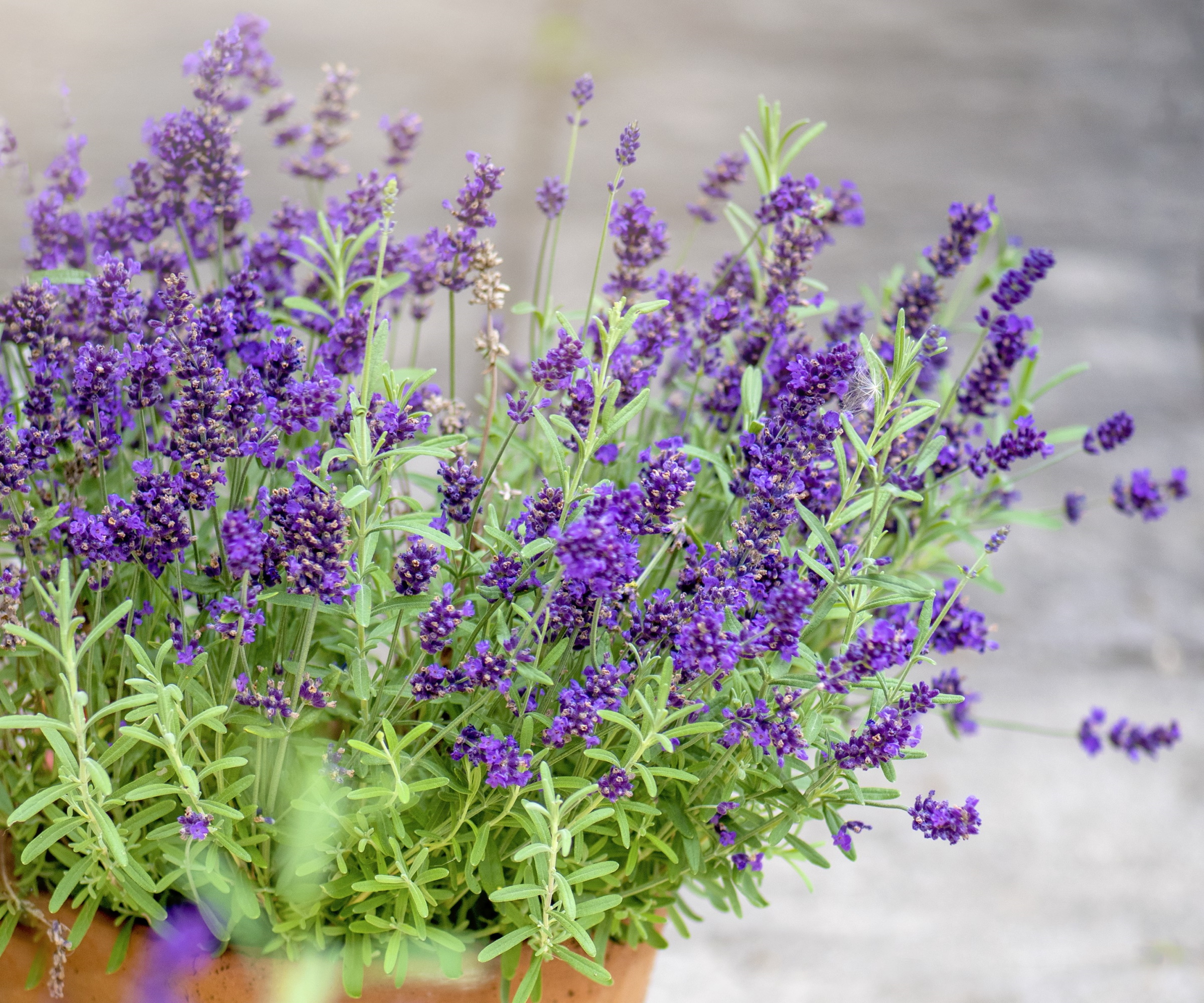
Houseplants are a fantastic, all-natural way to discourage mosquitoes, so long as they are properly looked after and watered correctly.
A.H. David from Pest Control Weekly advises, 'Incorporate mosquito-repelling plants like citronella to repel mosquitoes, lavender, basil, and marigolds around your home.' You can even use rosemary to repel mosquitoes.
You can find blooming lavender at Plants.com and citronella at Walmart, or, if you feel like building up your indoor herb garden ideas, you can find basil at Walmart and rosemary at Walmart.
To reap the benefits of these helpful houseplants, place them strategically near windows or doors to serve as a natural barrier against mosquitoes.
Avoid over-watering them to prevent gnats and other flying insects from making a cozy, humid home for their offspring in your soil.
3. DIY traps
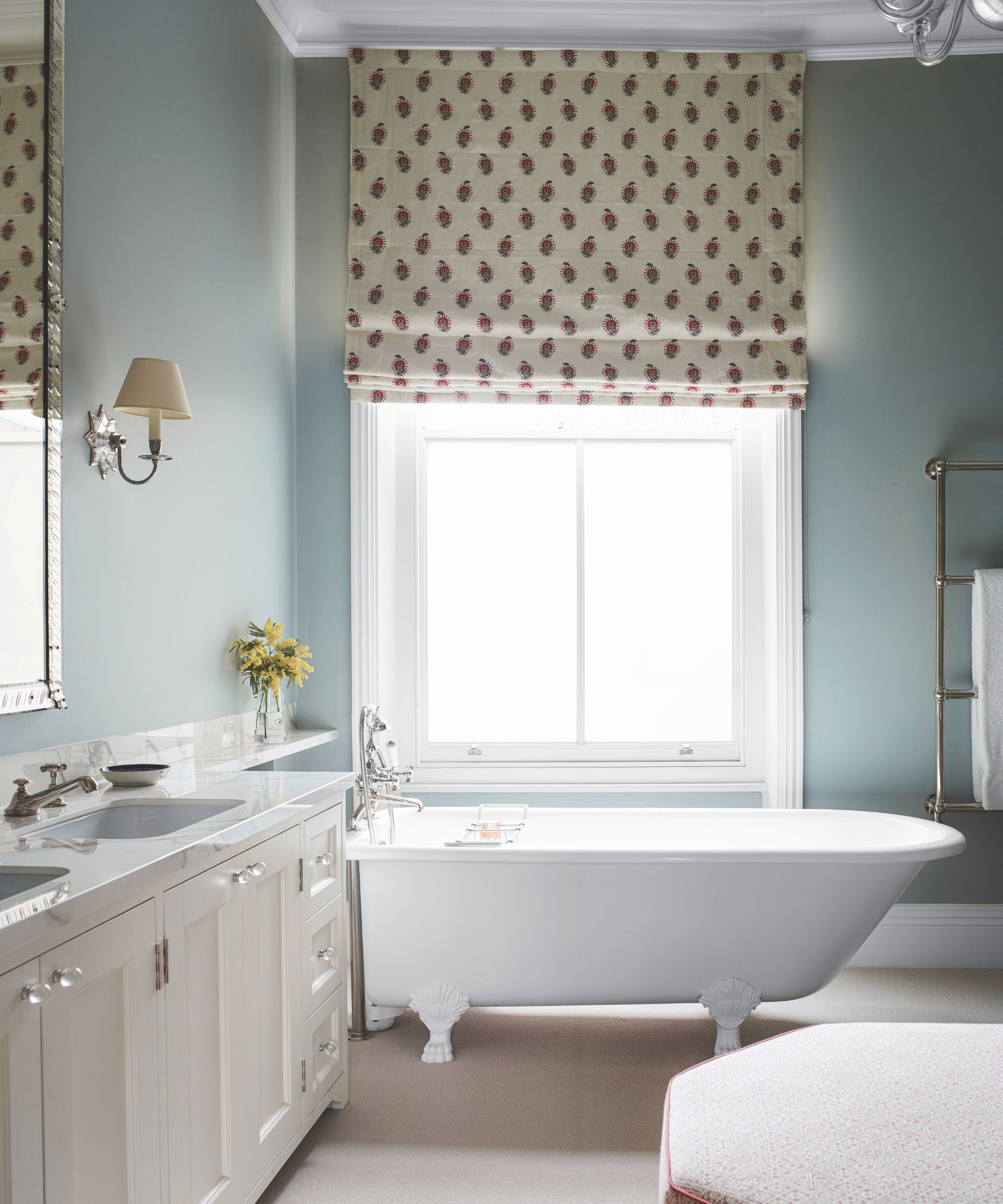
There are a few different DIY traps that can effectively reduce the mosquito population in your home and can be made from household ingredients.
One natural and effective way to get rid of mosquitoes inside your house is by using vinegar traps. Vinegar traps work by attracting mosquitoes with the scent of vinegar, and they get trapped in the soapy solution.
To create a vinegar trap, all you need is a shallow dish, apple cider vinegar from Walmart, sugar, and some dish soap, such as Dawn Dish soap, also from Walmart.
Mix equal parts of vinegar and water in the dish, add a few spoonfuls of sugar to attract the mosquitoes, and then stir in a few drops of dish soap to create surface tension. Place the trap in areas where you often see mosquitoes, such as near windows or doors, and replace it every two to three days.
A.H. David also recommends another mosquito trap: 'Mix equal parts of baking soda [such as the Arm & Hammer Pure Baking Soda, from Walmart] and sugar and place the mixture in a shallow dish. The CO2 emitted when they ingest the baking soda can kill them.'
4. Natural sprays
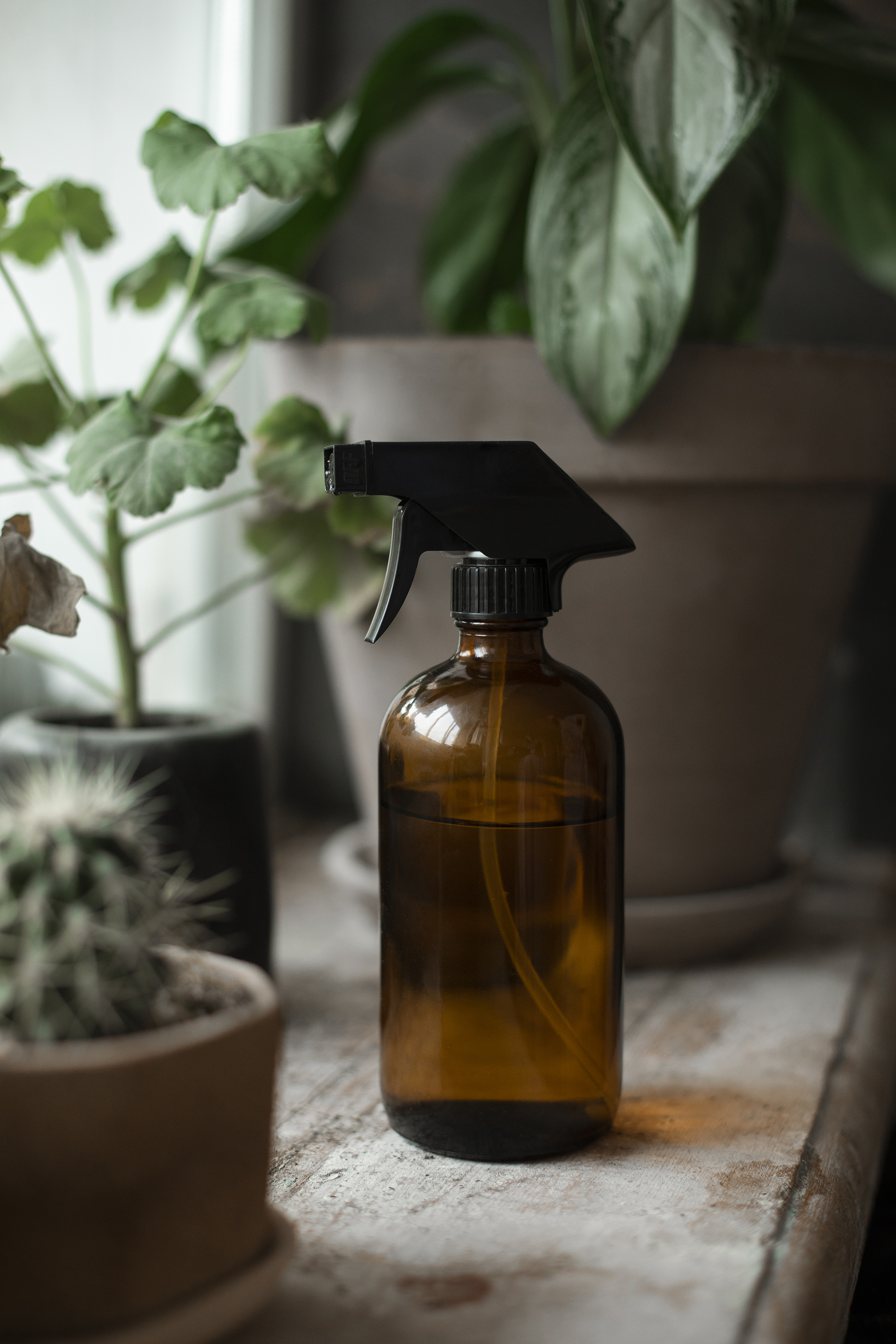
Homemade bug sprays can help to protect against bites without coating you and your home in chemicals to make a home non-toxic.
Nicole Carpenter, CEO at Black Pest Prevention, suggests creating a mosquito repellent using lemons and garlic cloves. 'The combination of lemon and cloves creates an aroma that mosquitoes find unpleasant.'
For this spray, cut fresh lemons in half and squeeze out the juice, and add in crushed garlic cloves. Heat the two together in the microwave in a microwave-safe bowl before letting it cool and pouring it into a spray bottle, available at Walmart. It's super easy to spray around your home and common entry points.
Alternatively, A.H. David advises, 'Create a natural insecticide spray using a mixture of water, neem oil, and a few drops of dish soap. Spray this solution in mosquito-prone areas.'
If you don't want to make your own natural sprays, Angela Rubin suggests trying commercially available natural mosquito repellent sprays that use ingredients like neem oil, lemon eucalyptus oil, and soybean oil.
These can also be applied to exposed skin and clothing. The Murphy's Naturals lemon eucalyptus oil insect repellent sprays from Amazon are particularly effective.
5. Eliminating mosquito breeding sites

The removal of mosquito breeding grounds is another all-natural method for getting rid of mosquitoes indoors.
Nicole Carpenter says, 'Firstly, it's essential to prevent stagnant water within your home, as mosquitoes breed in such conditions and will lay their eggs in standing water. Ensure proper drainage and eliminate any standing water sources.'
Look for water-collecting objects like potted plant saucers, vases, pet water bowls, clogged drains, and leaky faucets. Clean gutters to ensure water is flowing freely without any debris in the way, too.
The same rules apply to any outdoor water features and ponds. Dr. Tracy Ellis of FarmSense suggests, 'You can also use mosquito larvae-targeted products such as Mosquito Dunks from Amazon, which contain Bacillus thuringiensis israelensis (Bti), a naturally occurring bacterium that is harmless to humans, pets, wildlife, and livestock, making it safe for use in ponds, water features, and livestock watering troughs.'
6. Block entry points
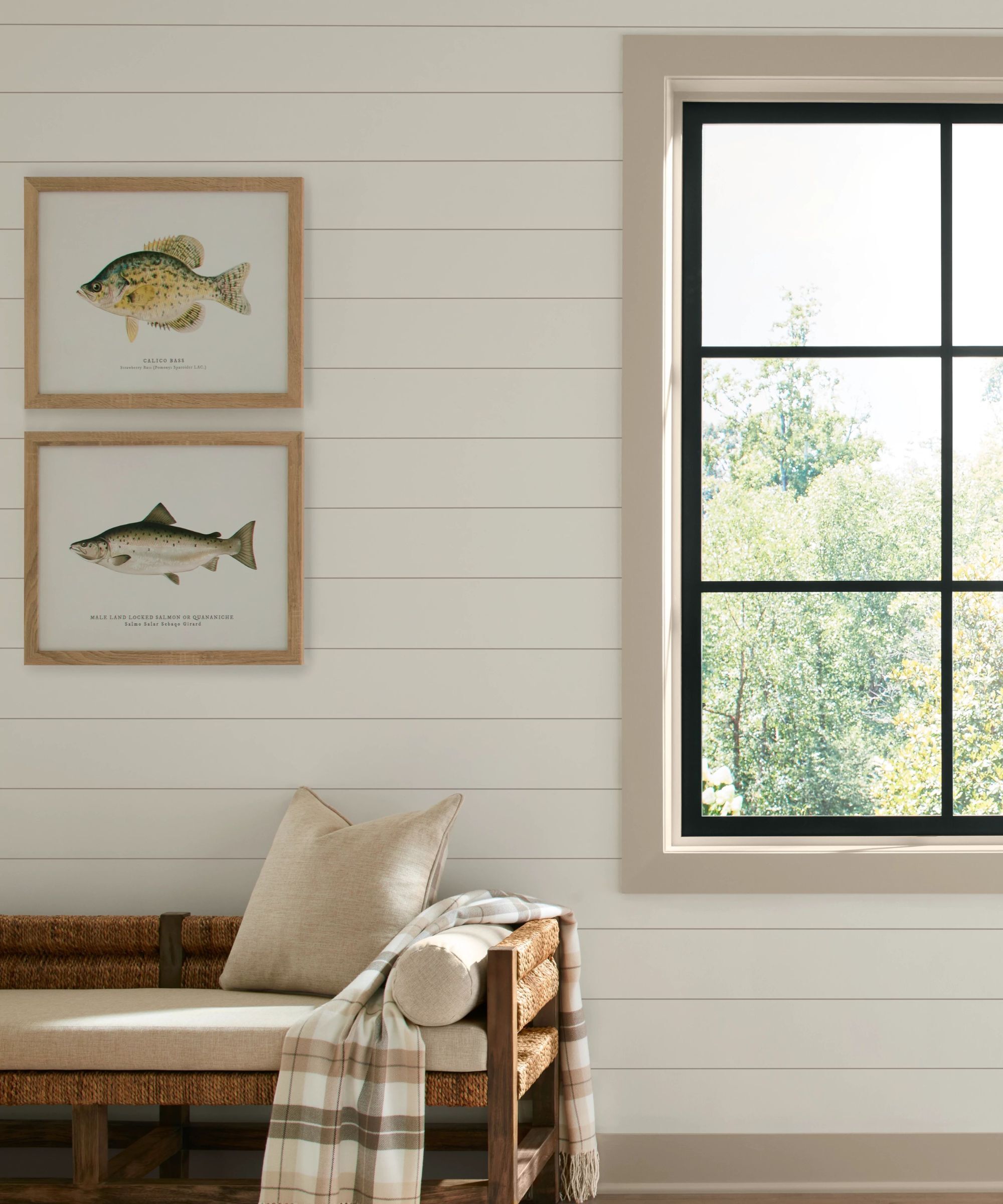
Although it is more of a preventative measure, using window and door screens can stop more mosquitoes from entering your home without sacrificing natural ventilation. They are especially useful when placing traps, to avoid accidentally attracting new bugs when trying to kill the ones already in your home. You can source custom pre-frame screen replacements from The Home Depot.
To keep your home looking its best through summer and peak bug season, brush up on the best way to clean window screens.
7. Reduce indoor humidity
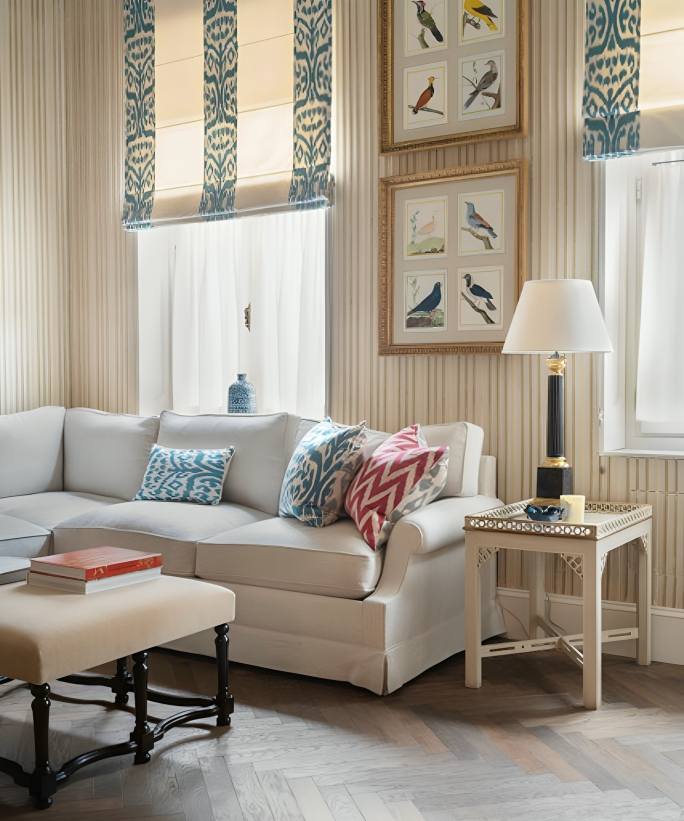
Mosquitoes love damp, warm spots, so they will thrive in a humid home.
To reduce humidity in a house, start by improving ventilation to help moisture escape, either through using vents or by opening windows, especially during tasks such as showering and cooking. You can also use the best dehumidifiers, such as the top-rated Insignia 50-pint Energy Star dehumidifier from Best Buy.
What to shop
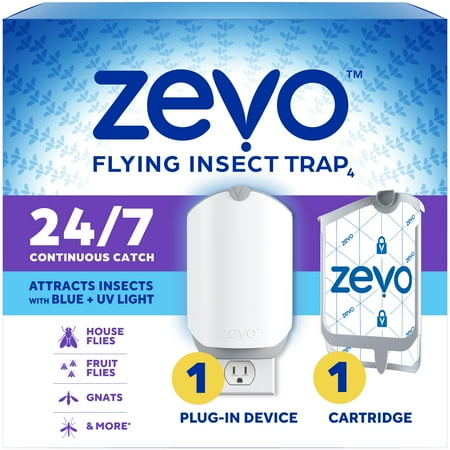
Zevo gives you 24/7 protection, killing 99.9% flying pests and leaving you free to enjoy your home. 50,000 people bought this kit last month, alongside 80,000 refills.
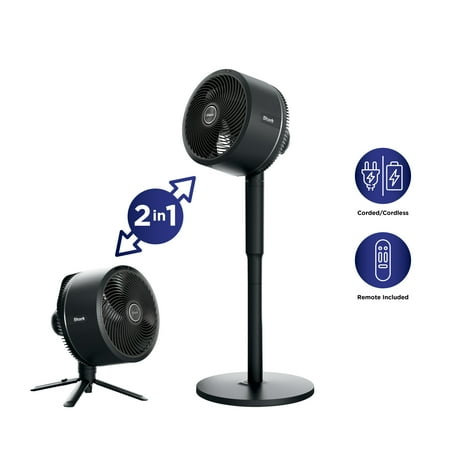
Rated Homes & Garden's best fan, the Shark Flexbreeze can be used indoors and outside to help prevent mosquitoes from entering your home or snacking on you, while keeping you cool at the same time.
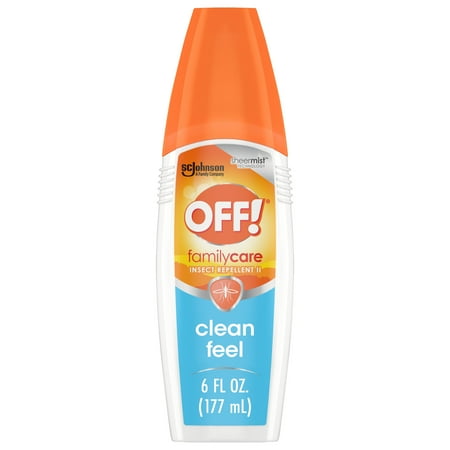
This gentle 5% Picaridin insect repellent provides up to four hours of protection against mosquitoes that may carry the Zika, EEE, Dengue, or West Nile virus.
FAQs
What does it mean when there's lots of mosquitoes in your house?
If there are lots of mosquitoes inside your home, it might be that they have found a suitable breeding ground nearby (usually standing water, which could be from a bird bath, pool, or water butt) and are entering through open windows.
It could also be a sign that your home is damp or very humid, two issues you will want to address quickly, as they can result in mold. Knowing where to place your dehumidifier will help.
Meet the experts
Preventing mosquitoes in summer is particularly important as our summers continue to get hotter, and they carry more disease, such as the deadly Massachusetts mosquito virus.







